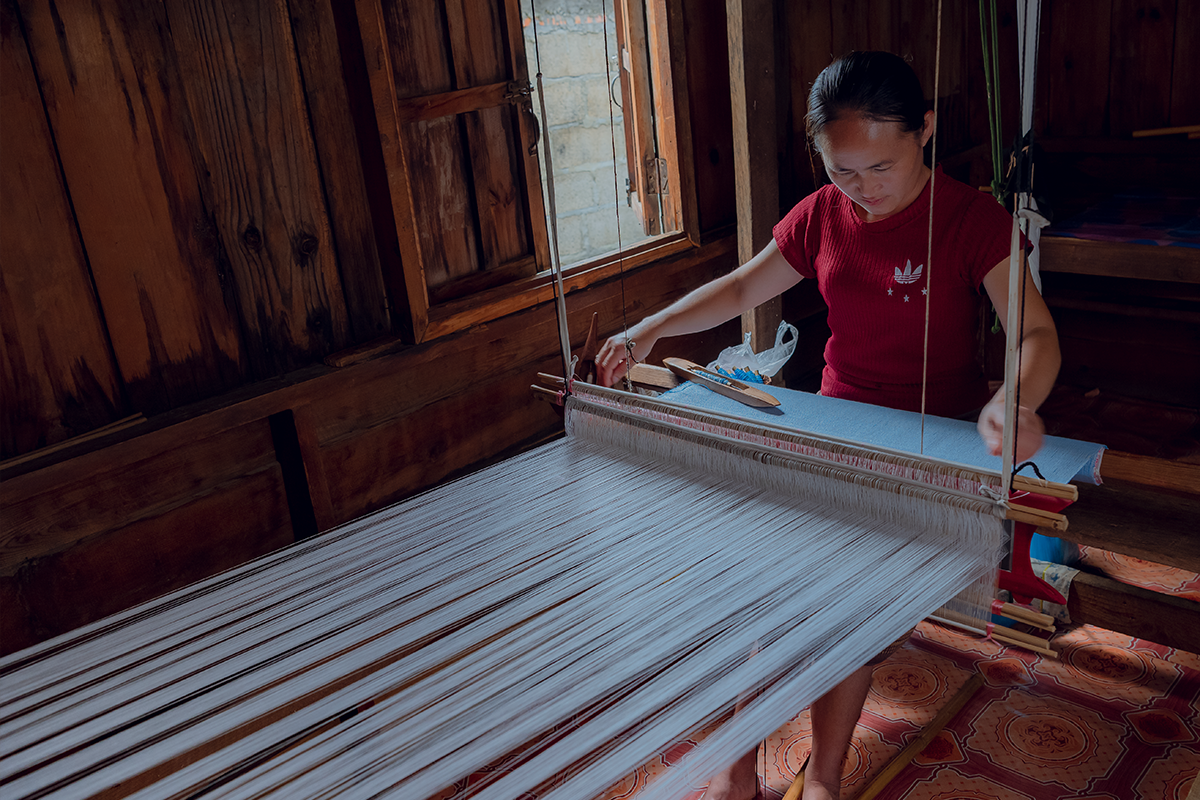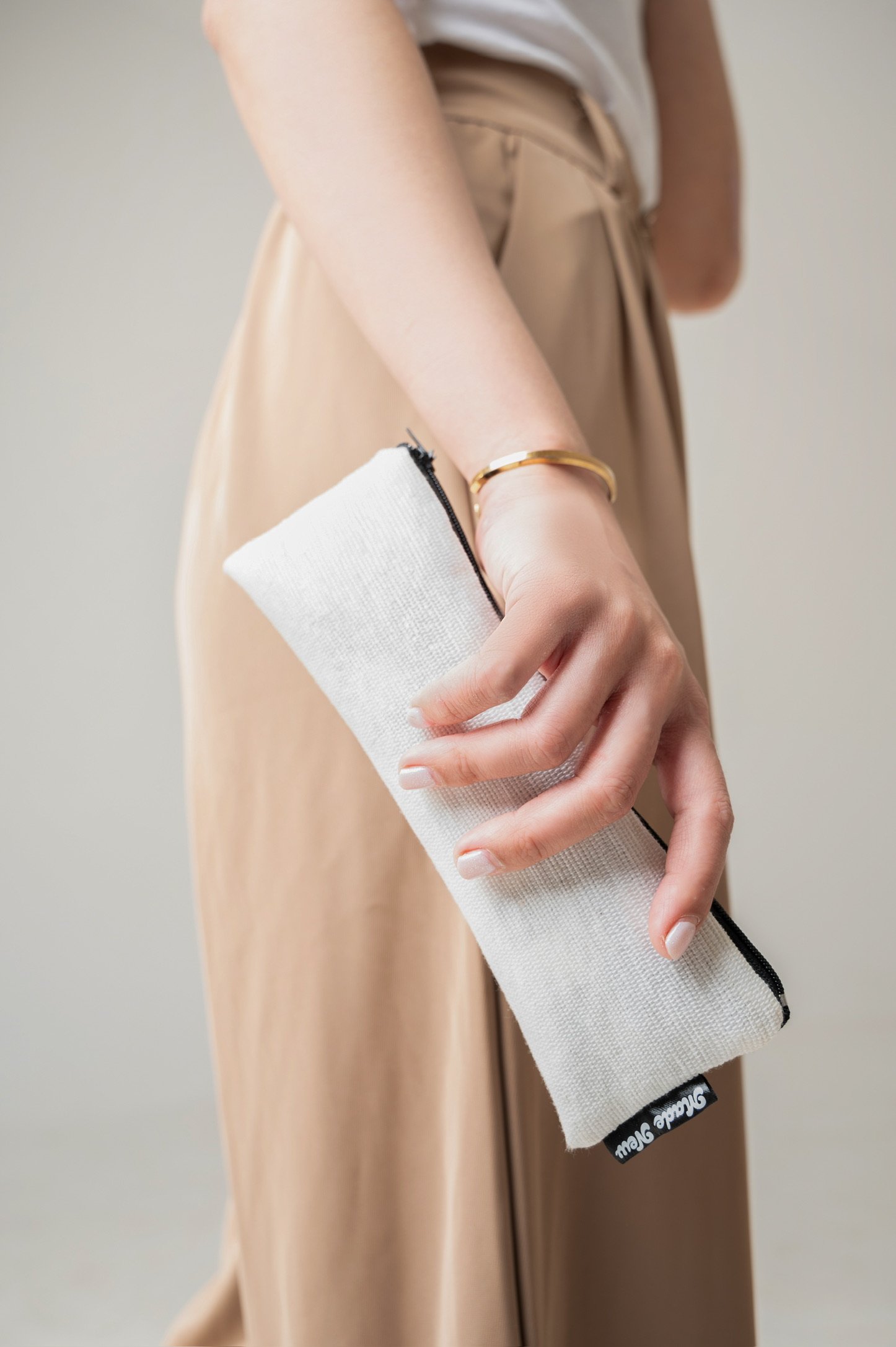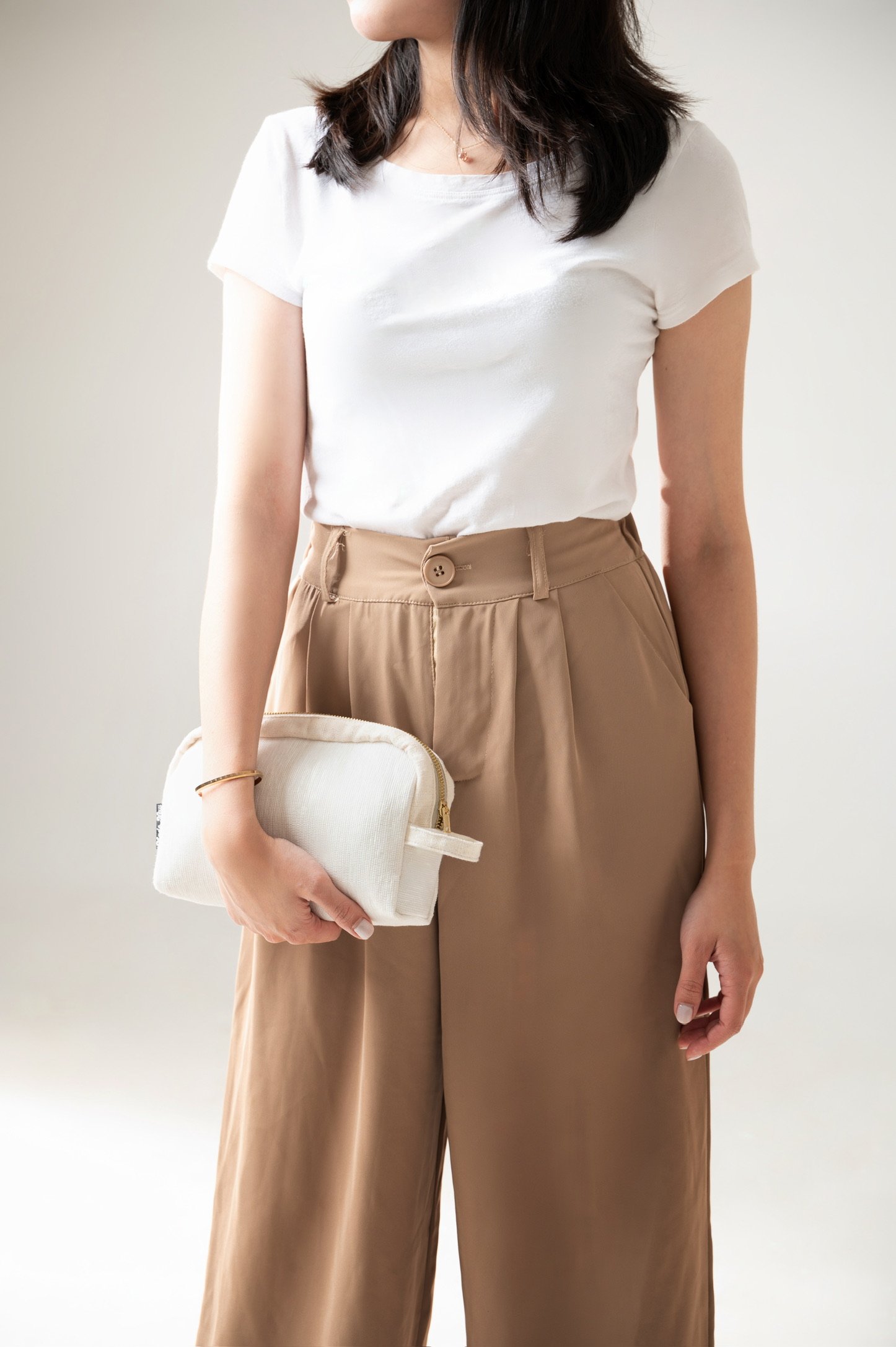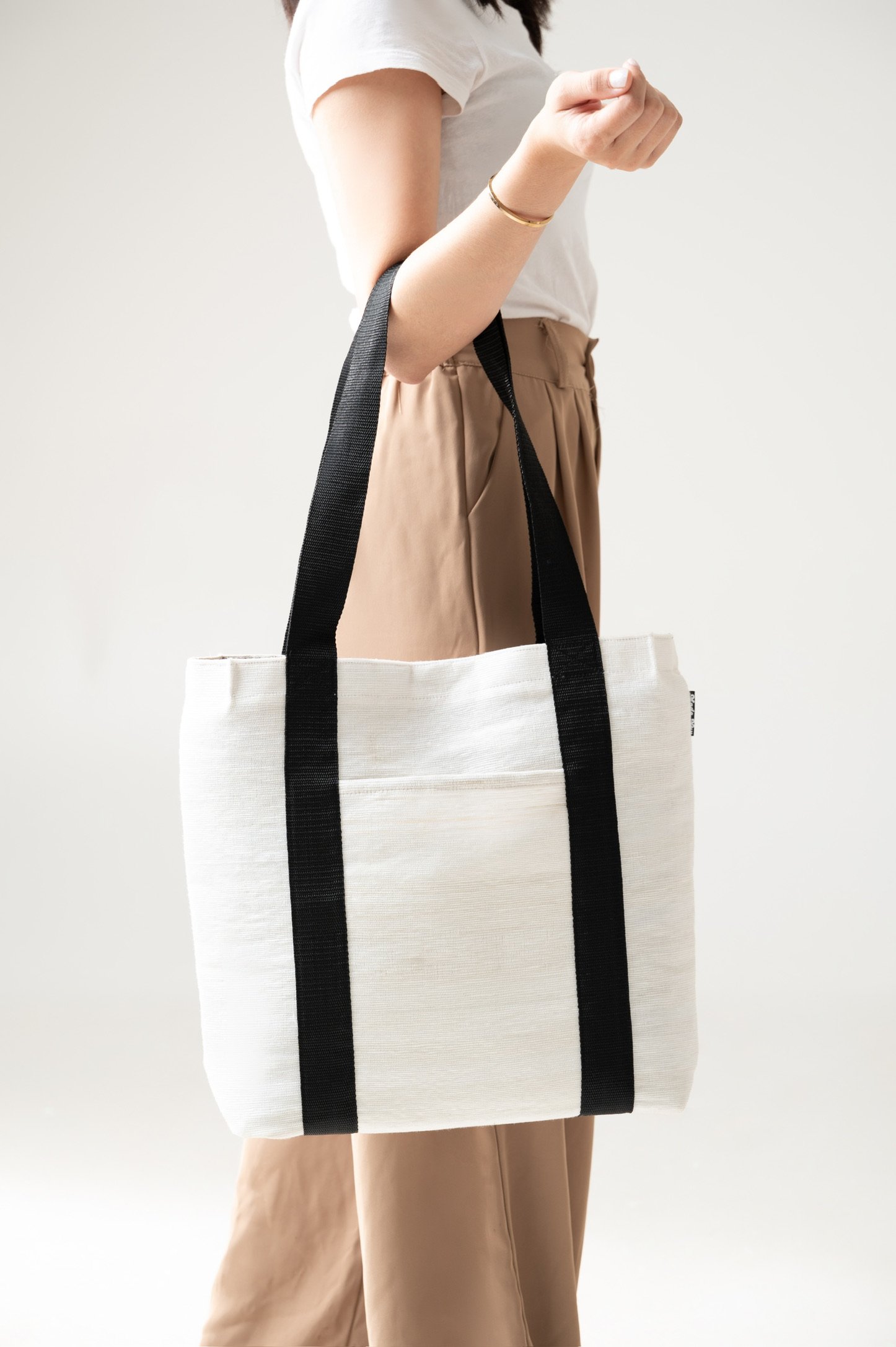Made New
The Challenge
Laos is a landlocked country in Southeast Asia. It has one of the lowest population densities in the region because of its forest-covered mountain ranges and lower life expectancy. The economy of Laos is primarily agricultural and has remained heavily dependent on foreign aid and investment as well as remittance from migrant work.
The economic pressure draws Lao people into unsafe, and often illegal, work in neighboring countries. “Migration is a coping strategy for survival for many young Laotians to improve their economic status and support the family. Lack of employment and choices, particularly lack of job security and low wages, are key contributing factors pushing numbers of Lao people to leave their hometown to seek better opportunities abroad. The number of Lao people migrating to neighboring countries, mainly Thailand, is increasing every year” (International Organization of Migration).
Another major challenge is reducing single-use plastics that have littered the environment. Recycling has a long way to go in Laos. “Infrastructure is largely lacking in the waste management and reprocessing sectors, and services have limited coverage. Domestic recycling capacity and capability is still developing. Traditionally, many wastes were organic and would have been returned to the land or river environments. However, new materials require proper disposal at the end of life, and there is low awareness amongst the general public about the impacts of inappropriate waste disposal.” (SWITCH-Asia).
Often plastic bags are burned in waste piles or washed away in the rains to the nearest waterway. “Carrier bags are utilized by most retailers, providing customers with a free and easy way to transport purchased goods. These bags are typically manufactured from either HDPE, LDPE or Linear Low- Density Polyethylene (LLDPE). The majority of bags utilized in shops throughout Laos are lightweight HDPE, which are extremely thin and not capable of holding much weight. Consequently, it is not uncommon for shops to use double carrier bags. Carrier bags are often one of the most visible components of litter, since they are so lightweight and easily blown by the wind or carried by currents in water bodies” (SWITCH-Asia).
A Solution
Made New combines the ancient craftsmanship and wisdom of Laos with modern tech and design to transform single use waste (i.e. plastic bags) into high value household products (i.e. fabric goods). This model relies on the strength of Lao people and brings their skill to the global market.
Through this work, they are increasing economic opportunity, providing safe and dignifying work; while also, educating employees, stakeholders, and communities they partner with about sustainable living and waste management. They aim to educate about the personal harm of burning plastic and the damage to the environment along with how to replace these patterns with sustainable alternative paths to transform plastic to value.
Find them online at Facebook and Instagram.
Business Geared Toward Ending Poverty, Decent Work, Economic Growth, and Responsible Consumption and Production.
Target: Promote and support that all men and women, in particular the poor and the vulnerable, have equal access to economic opportunities (adapted from 1.4).
Target: Promote full and productive employment and decent work for all women and men, including for young people and persons with disabilities, and equal pay for work of equal value (Adapted from 8.5)
Target: Promote the environmentally sound management of plastic wastes throughout its life cycle, in accordance with agreed international frameworks, and significantly reduce its release to air, water and soil in order to minimize their adverse impacts on human health and the environment (adapted from 12.4).
Target: Work towards reducing waste generation through prevention, reduction, recycling and reuse (adapted from 12.5).
Measured by:
How has your project enabled individuals in your community to overcome/fight poverty? (Short Descriptive Answer)
Number of full-time, part-time, and/or temporary workers employed each quarter receiving a local living wage or higher.
Show how much money flowed to this area that would not have otherwise without the project for economic growth, list the quarterly expenses (including salaries but not your own).
Units of goods sold each quarter. Current units in production include pouch, crossbody bag, market bag (in development), and everything tote.
Amount of plastic in kilos used in product production that was then diverted from the waste stream.
Number of individuals who attended a “don’t burn plastic” or other awareness training hosted by the project each quarter.
Number of “don’t burn plastic” or other awareness training hosted by the project each quarter.
Made New combines the ancient craftsmanship and wisdom of Laos with modern tech and design to transform single use waste (i.e. plastic bags) into high value household products (i.e. fabric goods). This model relies on the strength of Lao people and brings their skill to the global market. Through this work, they are increasing economic opportunity, providing safe and dignifying work; while also, educating employees, stakeholders, and communities they partner with about sustainable living and waste management. They aim to educate about the personal harm of burning plastic and the damage to the environment along with how to replace these patterns with sustainable alternative paths to transform plastic to value.




What Does Your Donation Go Towards?
Tools for local artisans ($100 provides the tools necessary for one employee to transform plastic bags to fabric).
Initial salaries for local artisans.
Materials and facility costs (i.e. $30 transforms 100 plastic bags).








